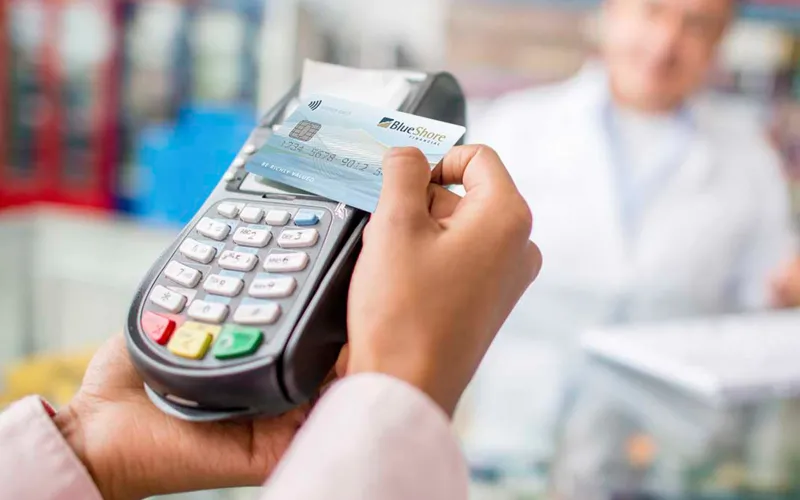
Avoid having your card compromised
We all rely on our plastic – be it debit or credit cards – to manage our everyday lives. From purchases to banking, they are essential for most Canadians, as we move further and further away from use of cash and cheques. Your vigilance can help keep these payment tools safe.
Paying with plastic may be the norm, but it’s still true that your credit or debit card can be compromised in numerous ways. Here are a few to watch out for:
Shoulder surfing and card switching
You may accidentally reveal your PIN number to someone you know or it might be noted by someone watching as you use it. Your card may be lost or stolen, then used by someone else to purchase goods or withdraw cash. It may also be intercepted in transit while being mailed to you.
Low tech skimming
Dishonest merchants make unauthorized duplicate transactions on your debit card – they swipe your card on a legitimate terminal and then a second time on a 'reader' device which captures your electronic data, then either a camera or someone standing behind you records your PIN. ATM machines may also be connected to a card reader with a hidden camera or other device to capture your PIN.
High tech skimming
Criminals alter or steal a legitimate PIN pad from a merchant and replace it with their compromised PIN pad. Debit card information and PIN numbers are then transferred to a remote computer using Bluetooth technology. In some cases the terminal may be rigged without the merchant's knowledge.
Tapped out
Today’s contactless cards make for quick and convenient transactions – just one tap, and you’re on your way. But if your card is stolen or goes missing, it could mean an easy shopping spree for someone unscrupulous. If your card is lost or stolen, report it immediately. It will be cancelled and a new one issued.
How to protect your cards
Whether you're on the road or in the comfort of your home, it's important to always protect your credit and debit cards. These tips will help you do just that.
- Keep track of when new and reissued cards should arrive and call the issuer if they don't come on time.
- Memorize your PIN – it's your electronic signature.
- Don't use the same PIN for all your cards, and don't choose your birth date or other easily identifiable number that might be on something else in your wallet.
- Be PIN smart. Always shield your PIN when entering it in a machine. Never disclose it to anyone.
- Remember to take your card (debit or credit) and your receipt after completing a transaction.
- Never give your card number to anyone – especially strangers, telemarketers, or suspicious sites online - unless you initiated the call or online contact.
- Never lend your card to anyone, including friends and family. Do not let your credit card out of your sight at any time – for example, at a restaurant or hotel.
- Tear up all credit card receipts and pre-approved credit card offers into small pieces before you throw them away. Keep your billing statements in a safe place or go paperless with an online account.
- Make sure you're using a secure website when you use your credit card online. Check the website’s security features and look for a small key or lock symbol at the bottom right of your browser's window.
- Always check your statements and call your credit card issuer immediately if you see anything suspicious on your bill. You could help the company uncover fraud and save yourself from paying unauthorized charges.
- Keep on top of credit reports. You can access your credit report from a credit reporting agency Like Equifax or Trans Union. We recommend checking it once a year.
- Be just as vigilant when traveling. Card fraud isn't limited to Canada only – it's worldwide. Check out tips to consider when travelling.
Notify us immediately if your card is lost, stolen, or retained by an ATM.

Have a question? Ask an expert
Taejong (TJ) Kang Financial AdvisorMutual Funds Investment Specialist
Our team of experienced professionals are here to answer any questions you may have.

